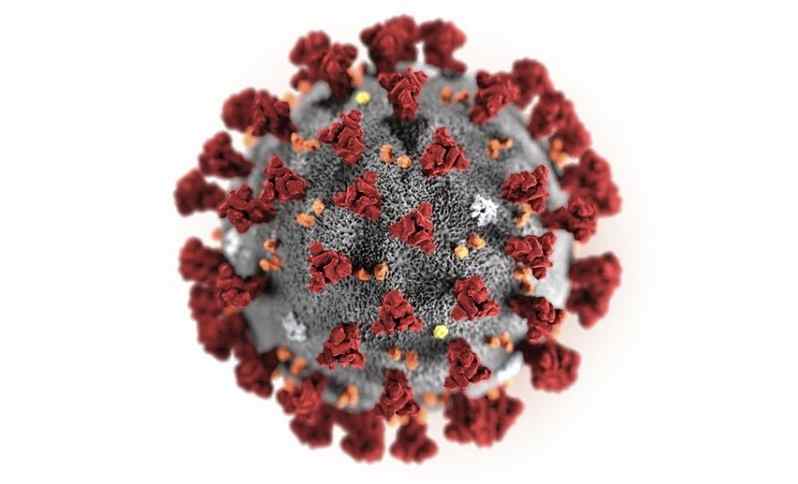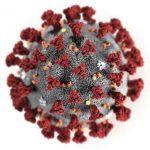Coronavirus cure: Top Taiwanese researcher says Coronavirus may be incurable as infected people continue to spread the virus even after recovering

Coronavirus continues to claim people’s lives around the world. The virus that started from Chinese city of Wuhan has not spread to major part of the globe. To date, more than 400 people have died from the virus, according to estimates from the Chinese government. However, experts around the world cast doubts saying the causality may be ten times higher than reported.
In the meantime, researchers are working around the clock to find cure for the virus. but facing some setbacks. A top Taiwanese researcher said on Monday that carriers of coronavirus may continue to spread Wuhan coronavirus even after recovering. Hsieh Shie-liang, a research fellow at Academia Sinica, a Taiwan’s top research institution, warned that the Wuhan coronavirus could easily make a strong comeback next year even if it temporarily disappears, citing the virus’ unique nature.
Dr. Hsieh Shie-liang said the virus has three features that makes it difficult to cure. First, coronavirus is an RNA virus that mutates easily, it is more contagious than SARS, and it can spread from an asymptomatic person. This means that even someone who has recovered from the virus can transmit it, making it more difficult to curb its spread.
As a result, Hsieh said it is possible that the virus could stay dormant in the body after recovery and come back to haunt the host in winter or when their immune system is weakened. He said he imagines that the nature of the virus would make it a common infectious, influenza-like illness.
“The novel coronavirus (2019-nCoV) is sparking a larger epidemic than SARS, though it is less deadly,” he said, adding that the aforementioned three factors would make the virus “more difficult to deal with and prevent.”
Therefore, Hsieh urged the government to speed up research and the development of anti-coronavirus drugs and vaccines as an immediate precautionary measure to minimize its potential impact on the country.
Meanwhile, Taiwanese American chemist Wong Chi-huey (翁啟惠), who served as the head of Academia Sinica between 2006 and 2016 and is now the chairman of the Institute for Biotechnology and Medicine Industry (IBMI), shares the same concern, advising the government as well as pharmaceutical businesses to quickly develop a vaccine to prevent another coronavirus outbreak.




